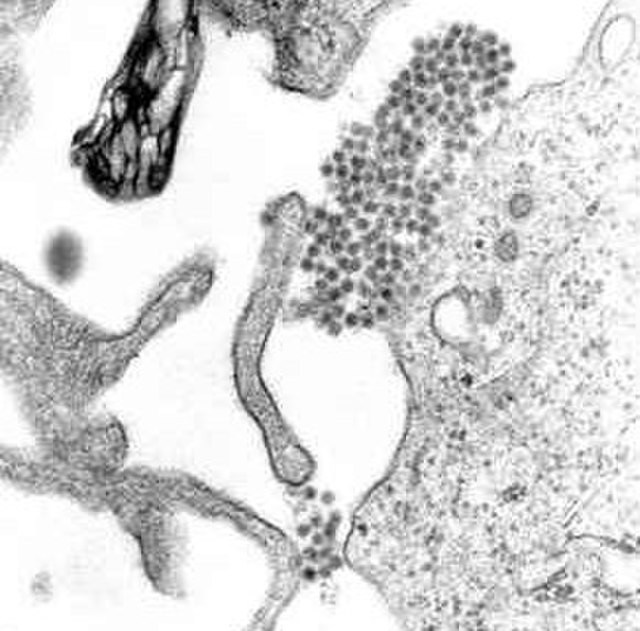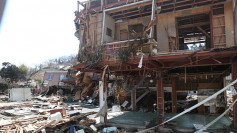As Rio de Janeiro gears up for its iconic Carnival celebrations, the city grapples with a dengue fever outbreak, prompting authorities to declare a health emergency. The festive spirit of the city contrasts starkly with the health crisis, as over 10,000 dengue cases have been registered in the early months of 2024, nearly half of the total cases reported in the entirety of the previous year.
The spread of the mosquito-borne disease has quadrupled nationwide, with Rio facing a particularly sharp increase. In response, the city has initiated several measures, including the establishment of 10 dengue treatment centers and the deployment of "smoke cars" to disseminate insecticide in high-incidence areas. Health officials emphasize the critical importance of early treatment and urge residents to take preventive actions against mosquito bites.
The situation has drawn attention to the broader national challenge, as Brazil battles a surge in dengue cases across multiple states. Regions such as Acre, Minas Gerais, Goiás, and the Federal District have also declared health emergencies. The Federal District has seen the Brazilian air force set up a 60-bed field hospital to alleviate the strain on healthcare facilities.
The Brazilian government, recognizing the urgency of the situation, approved a dengue vaccine developed by Takeda last year. However, limited supplies have meant that distribution focuses on municipalities with high transmission rates. More than 3 million Brazilians are slated to receive the vaccine in 2024 as part of the public health system's efforts to combat the disease.
Rio Mayor Eduardo Paes has called on citizens to eliminate stagnant water sources, which serve as breeding grounds for dengue-transmitting mosquitoes. This plea highlights the role of community action in combating the outbreak, a stark contrast to the individual helplessness many felt during the COVID-19 pandemic.
As Carnival festivities proceed, health campaigns will target audiences at the Sambadrome, distributing repellents and educational materials to raise awareness about dengue prevention. The city's efforts aim to ensure that the vibrant celebration of Brazilian culture is not overshadowed by the ongoing health crisis.






